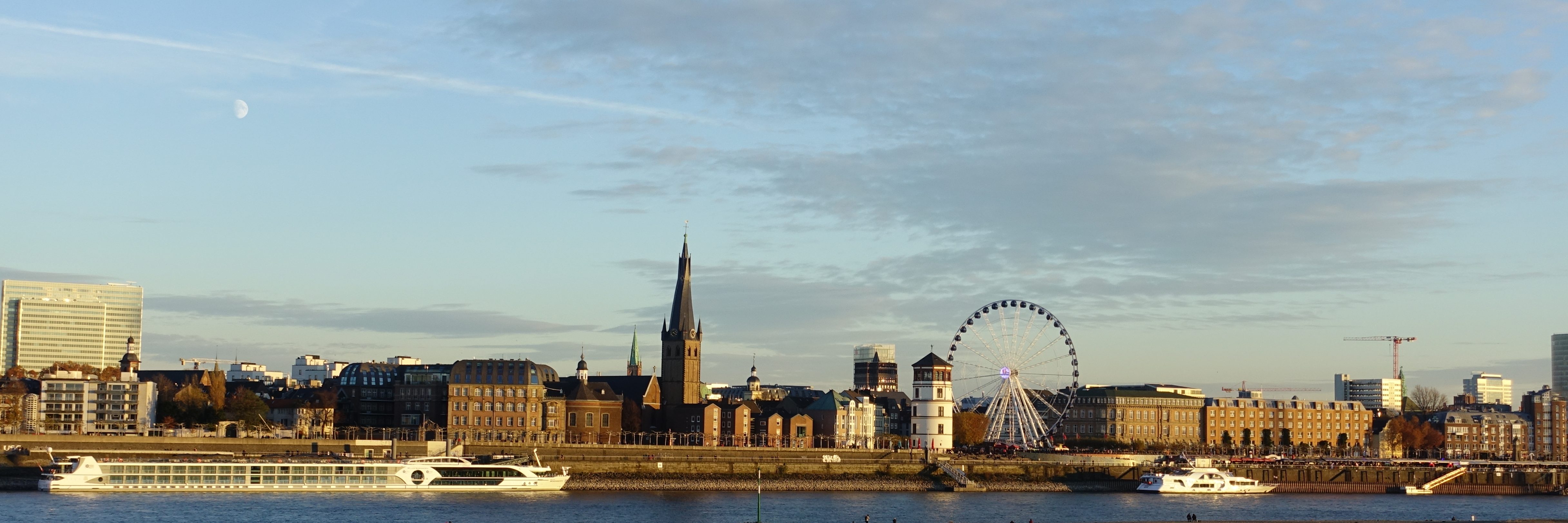Die Welt publishes an interview (g) with Amos Oz (title: "Israel is a Collection of Fiery Arguments"), in which the grand old man of Israeli letters talks about Israel’s image in the European media and doles out advice to Young Cosmopolitans (my translation):
To those who want to acquire a sense of cosmopolitanism, I recommend: read fiction – novels and short stories. When I look at the German media or other European media and see the picture of Israel they deliver, Israel seems to be made up of eighty percent religious fanatics, ten percent settlers in the West Bank, nine percent brutal soldiers, and just one percent intellectuals, who criticize the administration and are wonderful writers. Of course, that’s a distortion of reality.
Israel is basically a secular country, a moderate and pragmatic country. Eighty percent of its population doesn’t live in the West Bank or in the Gaza strip, or even in Jerusalem. They live in the coastal regions. Israelis are Mediterranean people, very warm-hearted, who come from the middle class. They’re also materialistic people, who can be loud, and who love to argue. They belong to a Mediterranean society, like Greece, Italy, or the south of France. The country Theodor Herzl dreamed of – a Vienna in the Middle East – never became reality. And now I come to your question: The only way to learn about the real Israel is through its books. This was how I found a way to Germany, through its books. When I was a young man, I wanted nothing to do with Germany. I thought that for the rest of my life I would never have any contact with Germany. The reasons were clear: The Holocaust, other atrocities, the stories I had heard, all the survivors I met in Jerusalem. But then I broke this self-imposed taboo and changed my views — because I read Germany’s post-war writers: The writers of Group 47.
As I began to read Günter Grass, Heinrich Böll, and Siegfried Lenz, and all the others (in translation, of course), it became impossible for me to continue hating everything German. I could simply no longer generalize. As I read these novels, I found myself forced to share these peoples’ feelings. So I say it’s always the case, not just for Germany and Israel, that the best bridge between nations and cultures is literature.
If you want to learn about another people, turn your back to the newspapers and read the literature, because only through literature can you acquire a deep appreciation of other peoples and their cultures. When you buy a ticket and fly to another country, you see only the museums, the historical sites, and the attractions, perhaps also a bit of the countryside, and then you fly back. But when you read a novel, then you’re invited into these peoples’ living rooms, in their children’s bedrooms – even into their bedrooms. The best way to forge an intimate bond with another culture is to read its literature.
For a fine profile of Oz in English, click here.


